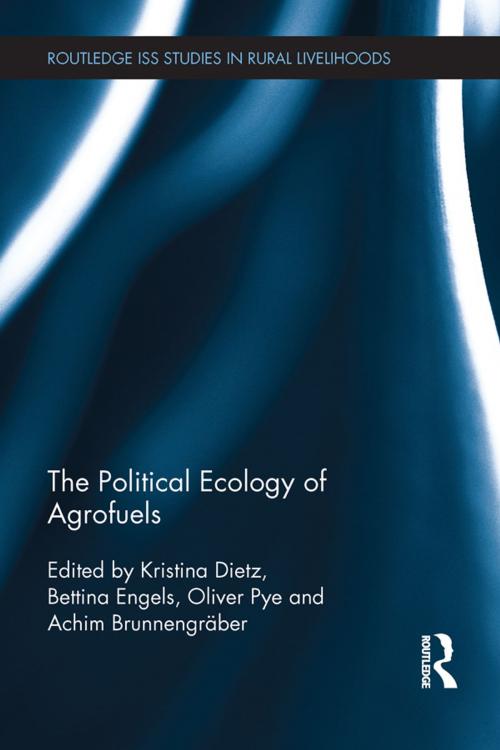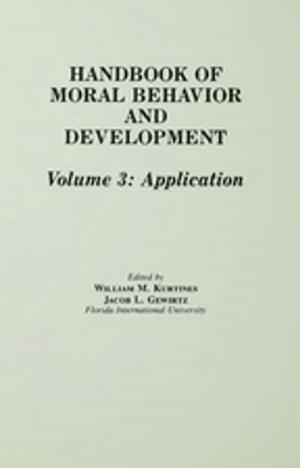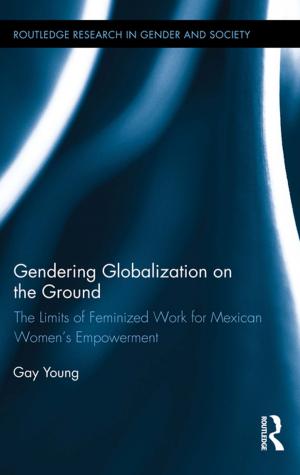| Author: | ISBN: | 9781317747437 | |
| Publisher: | Taylor and Francis | Publication: | November 20, 2014 |
| Imprint: | Routledge | Language: | English |
| Author: | |
| ISBN: | 9781317747437 |
| Publisher: | Taylor and Francis |
| Publication: | November 20, 2014 |
| Imprint: | Routledge |
| Language: | English |
This book explores the political ecology of agrofuels as an encompassing socio-spatial transformation process consisting of a series of changing contexts, political reconfigurations, and the restructuring of social and labour relations. It includes conceptual chapters as well as case studies from different world regions (North America, Europe, Latin America, sub-Saharan Africa, Asia) and levels (local, national, transnational).
The Political Ecology of Agrofuels advances a conceptualisation of agrofuels that helps to fill existing research gaps. It covers global food regimes and agrarian politics as well as political arenas such as energy, climate, transport and trade. It reflects on the biophysical materiality of agrofuels, new forms of nature appropriation, struggles, discursive framings, the building of hegemony, shifting geopolitical constellations, socio-spatial configurations of power, the construction of territory, the agency of social movements and the different ways in which agrofuels are politicized at different scales.
This book asks how patterns of mobility, emissions regulation, food and energy production and consumption, and social relations (e.g. labour, class and gender relations) are shaped and re-shaped by the materiality and representations of agrofuels in both the Global South and North. The book provides tools for thinking about the diversity of the conflicts, struggles and spatial, socio-ecological and politico-economic reconfigurations and perpetuations engendered by current production and consumption patterns in the agrofuel sector.
This book explores the political ecology of agrofuels as an encompassing socio-spatial transformation process consisting of a series of changing contexts, political reconfigurations, and the restructuring of social and labour relations. It includes conceptual chapters as well as case studies from different world regions (North America, Europe, Latin America, sub-Saharan Africa, Asia) and levels (local, national, transnational).
The Political Ecology of Agrofuels advances a conceptualisation of agrofuels that helps to fill existing research gaps. It covers global food regimes and agrarian politics as well as political arenas such as energy, climate, transport and trade. It reflects on the biophysical materiality of agrofuels, new forms of nature appropriation, struggles, discursive framings, the building of hegemony, shifting geopolitical constellations, socio-spatial configurations of power, the construction of territory, the agency of social movements and the different ways in which agrofuels are politicized at different scales.
This book asks how patterns of mobility, emissions regulation, food and energy production and consumption, and social relations (e.g. labour, class and gender relations) are shaped and re-shaped by the materiality and representations of agrofuels in both the Global South and North. The book provides tools for thinking about the diversity of the conflicts, struggles and spatial, socio-ecological and politico-economic reconfigurations and perpetuations engendered by current production and consumption patterns in the agrofuel sector.















